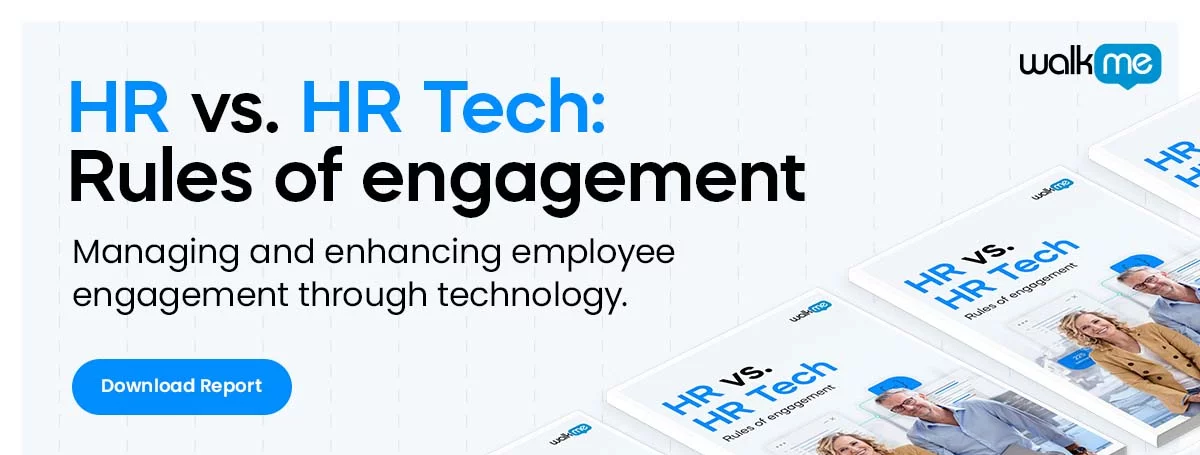
Many employers run a background check on prospective employees, and, if used properly, these checks can be an effective way to screen out unwanted candidates.
They can also be used to minimize insider threats, according to workforce risk management firm Endera, whose research has found that 75% or more of employers do conduct screenings when hiring new workers.
While there are certainly benefits to running background checks, there are caveats and legal considerations to be aware of. Below, we’ll explore these issues in depth.
Why Conduct a Background Check?
There are several reasons why employers want to learn about job candidates before hiring them:
- Background checks can reveal information that would impact employee productivity or their ability to function as effective team members
- Employees with certain types of histories, such as criminal histories, can become security risks
- Fraud, such as resume fraud or identity fraud, can result in a number of problems for employers, from legal complications to a lack of job competence
- Employees regularly interact with customers and other workers and are often considered the “face” of a brand, so employers need to know that employees will perform as expected
Since the majority of employers understand the need to manage risk, most employers do conduct background checks during the recruitment phase of the employee life cycle.
Less than 25%, however, screen current employees. Though some employers may be less worried about existing employees, there is a chance that employees could become involved in criminal activities, lawsuits, and so forth.
There is, in short, a strong case to be made for the business value of background checks. It is no surprise that these checks are common, but there are restrictions to be aware of – and there can also be drawbacks to performing background checks, as we’ll see later.
What Information Employers Look for in a Background Check
A background check can include a variety of information, including:
- Financial history
- Criminal history
- Social media usage
- Employment history
- Identity verification
In general, it is not illegal for employers to search for this type of information, though there are a few important restrictions and considerations to keep in mind.
Anti-Discrimination Laws
Background checks must be applied uniformly across all candidates – or, when conducting periodic internal screenings, they must be applied uniformly across employees.
Conducting background checks on certain individuals or groups of people could be considered discrimination and grounds for legal action by the US Equal Employment Opportunity Commission (EEOC).
Importantly, information uncovered in a background check can be used to make employment decisions. However, if certain background problems are more common among people of a specific protected characteristic, such as age, race, or religion, employers must take care. In such instances, this could result in a “disparate impact” on that specific group, resulting in discriminatory practices.
Employees’ Right to Know
Employees or job candidates have a right to know what the background investigation entails and what it reveals.
They must be informed in writing that the background check will occur and they must provide their written consent before it is conducted.
Limitations on Background Checks
Except in limited circumstances, it is illegal to conduct searches on employees’ genetic, family, or medical histories.
Employers may ask for employees’ medical information, but only after the employee has been hired.
Final Note About the Legality of Background Checks
Nothing in this article should be construed as legal advice. Everything provided here is for informational purposes only. When creating a background check at your own organization, it is imperative to conduct your own research and consult with legal professionals as needed.
Drawbacks to Conducting a Background Check
In general, the benefits of conducting a background check far outweigh the downsides.
One point to pay attention to in particular is the issue of privacy. As mentioned, genetic and medical information is legally barred from background checks. Also, while it may not be illegal to ask certain open-ended questions to employees, it may be detrimental to the relationship.
Asking employees questions that are deemed too personal or irrelevant to the job, for instance, can deter employees from accepting a job, decrease employee retention, increase workplace friction, and so forth.
Another point to be aware of is cultural differences.
In the United States, for instance, it is common for employers to:
- Conduct criminal background checks
- Conduct drug screenings
- Verify employment history
- Contact references
Many other countries, however, tend to view these practices as unnecessary or invasive, according to a 2018 presentation by Catherine Aldrich of HireRight.
In some countries, such as Japan, asking for or providing job references is even considered uncommon.
However, given the high rates of misrepresentation or fraud during the interview process, Aldrich emphasized that background checks are still crucial.
To minimize the negative perceptions of a background check, employers should:
- Tell employees why the background check is being conducted
- Inform them of what information will be collected and what their rights are, as noted in the section above
- Pay special care when asking foreign applicants to fill out background check forms, since background checks may be unusual in their home countries
- Only investigate information that will actually have an impact on employee performance and security
Paying attention to these details can make a big difference in talent management, how employees react to background checks, and, ultimately, on the impact that those background checks have on the workplace, the organizational culture, and the organization as a whole.
WalkMe Team
WalkMe spearheaded the Digital Adoption Platform (DAP) for associations to use the maximum capacity of their advanced resources. Utilizing man-made consciousness, AI, and context-oriented direction, WalkMe adds a powerful UI layer to raise the computerized proficiency, everything being equal.



